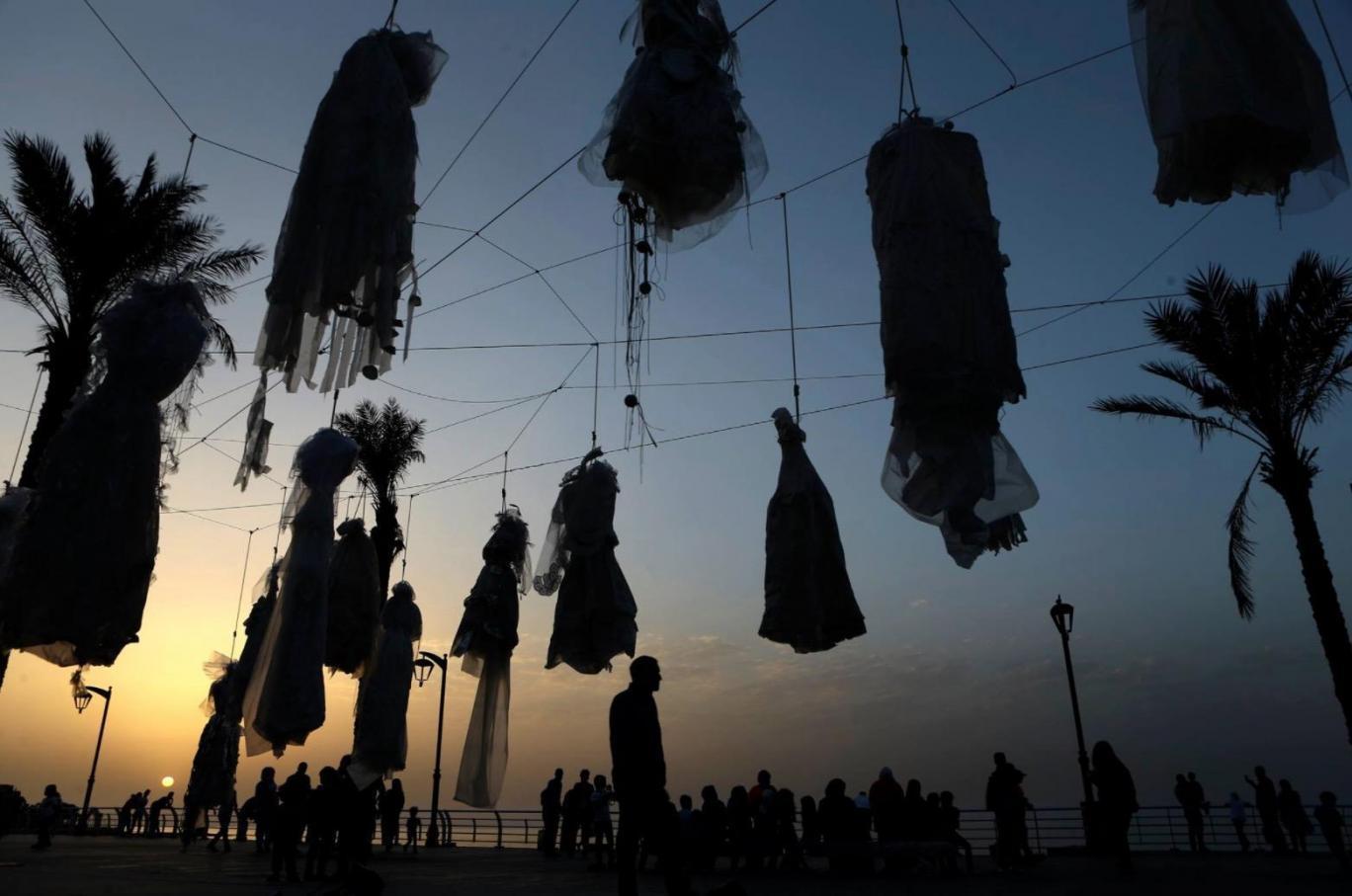Jordan repeals law allowing rapists to avoid punishment if they marry their victims
'I feel like we're living in a historic moment... all these years of campaigning have paid off and will send a positive message to the rest of the region', rights activist says

The Jordanian parliament has voted to revoke an article of the country’s penal code which allows a rapist to escape punishment for his crime so long as he marries the victim.
A royal judiciary committee advocated the abolishment of Article 308 – which shields rape, statutory rape and kidnap perpetrators from prosecution if they marry the survivor – back in February.
Parliament had a choice on either repealing or amending the law in a vote on Tuesday, but moved to get rid of it altogether, destroying all legal loopholes which let rapists escape the consequences of their crimes. The decision is expected to be approved by the upper house, and then ratified by King Abdullah II.
Jordanian law currently says that rape is punishable by up to seven years in prison or capital punishment if the victim is aged 15 or under. The outdated statute, however, created a loophole which suspends any criminal prosecution if the two people involved get married for a minimum of three years.
“I feel like we’re living in a historic moment,” Suad Abu Dayyeh, feminist campaign group Equality Now’s Middle East and North Africa Consultant, said on the phone from Amman. “All these years of campaigning have paid off and will send a positive message to the rest of the region.”
According to figures from Jordan’s Ministry of Justice, 159 rapists avoided punishment by marrying their victims between 2010-2013, and 300 rapes were recorded annually on average during the same period – although activists point out the true figure is likely to be chronically underreported in a country where extramarital sex is taboo.
In extreme cases, women in Jordan who report rape can be murdered in so-called “honour killings”.
Similar marriage clauses are present in the law regarding sexual consent in many modern Muslim states. They are usually hangovers from interpretations of sharia, or religious law.
In recent years, the archaic legislation contravening women’s rights has been the target of campaigners across the Middle East; Morocco, Tunisia and Egypt have repealed similar laws and changes to the penal code are pending in both Lebanon and Bahrain.
“We still have a lot of work to do, when it comes to domestic violence and family law,” Ms Abu Dayyeh said. “But still. Today is a beautiful day.”
“Marry your rapist” laws also still exist in several Latin American countries, the Philippines and Tajikistan. Rape and sexual abuse affect nearly one billion women and girls over their lifetimes, UN data says.
Join our commenting forum
Join thought-provoking conversations, follow other Independent readers and see their replies
Comments